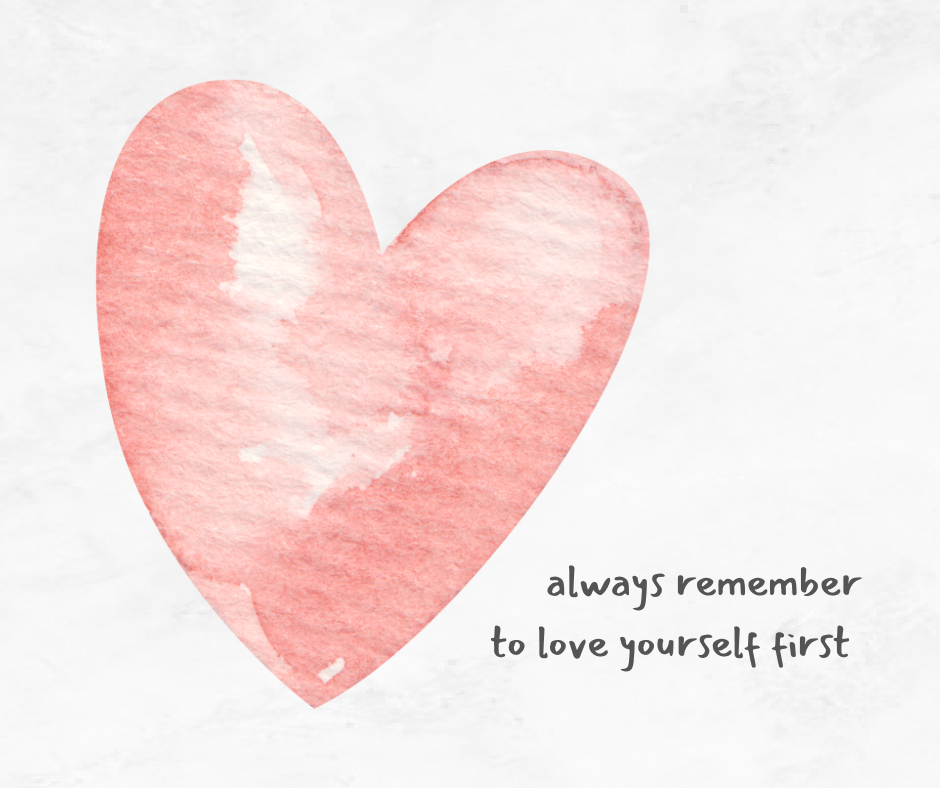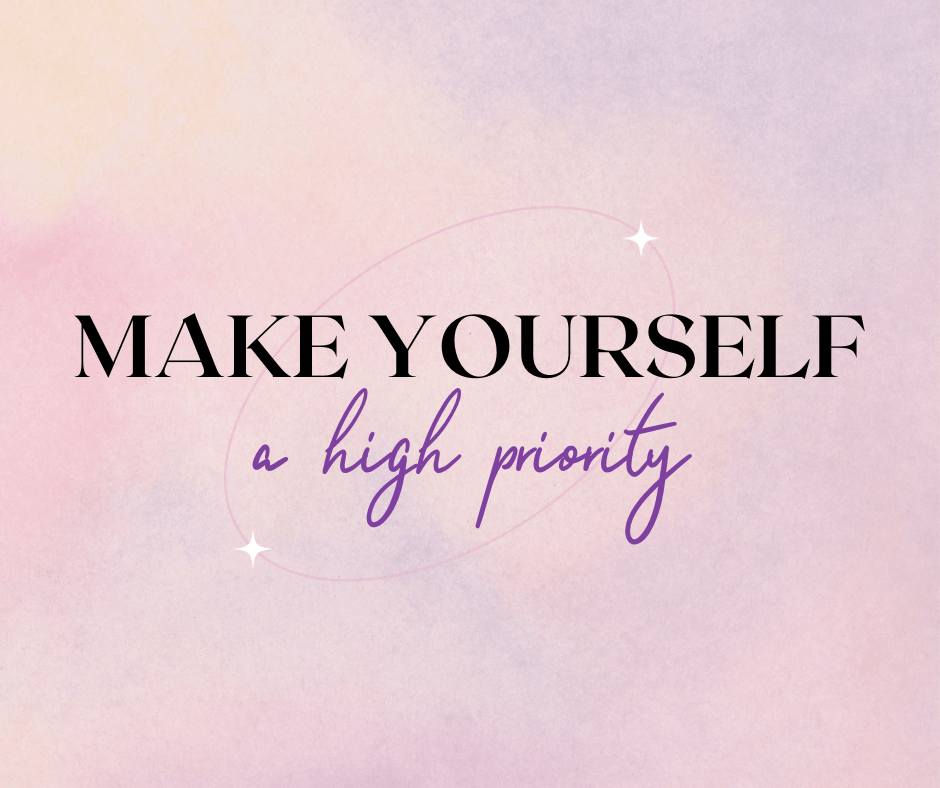The Power of Setting Boundaries and Prioritizing Self
Embarking on your recovery journey is courageous and transformative. One key aspect of this voyage is learning to set boundaries and prioritize your well-being. While you are navigating recovery, establishing and maintaining healthy boundaries becomes a cornerstone of a resilient foundation.
Setting Boundaries

Setting boundaries is not a sign of selfishness – it’s an act of self-preservation and self-love. It involves clearly defining the limits of what is acceptable to you and what is not in various areas of your life. In recovery, this can mean establishing limits on relationships, work commitments, and social engagements.
- Protecting Your Energy: Recovery involves healing, and it requires a considerable amount of emotional and mental energy. Setting boundaries helps protect this energy, allowing you to focus on your journey without being overwhelmed by external pressures.
- Learning To Say No: Saying “no” is a powerful tool in recovery. It is a declaration of self-respect and an acknowledgment of personal limitations. By declining commitments that may jeopardize your well-being, you create space for self-care and sustained recovery.
- Building Healthy Relationships: Healthy boundaries contribute to positive relationships. Communicating your needs and limits fosters understanding and encourages those around you to support your recovery journey. It’s an essential step towards surrounding yourself with a supportive network.
Prioritizing Self

Prioritizing yourself in recovery is not being inconsiderate of others; on the contrary, it’s a fundamental component of sustainable well-being. Not only that, you can’t effectively help someone else if your own energy and health are depleted.
- Incorporating Self-Care: Recovery demands attention to physical, mental, and emotional health. Prioritizing yourself involves blending self-care practices into daily routines, whether it’s exercise, mindfulness, or adequate rest.
2. Identifying Triggers and Needs: Being attuned to your personal triggers and needs is crucial. It requires a deep understanding of yourself, allowing for proactive measures to be taken in avoiding potential pitfalls and ensuring a safe and supportive environment.
3. Celebrating Milestones: Acknowledging and celebrating milestones in recovery is a way of putting yourself first. Whether small victories or significant achievements, recognizing your progress reinforces a positive self-image and encourages continued dedication to the recovery journey.
In the tapestry of recovery, setting boundaries and prioritizing yourself are threads that weave strength and resilience. Establish clear limits to carve out space for healing and growth, and you will find solace in nurturing your commitment to yourself and your well-being.

